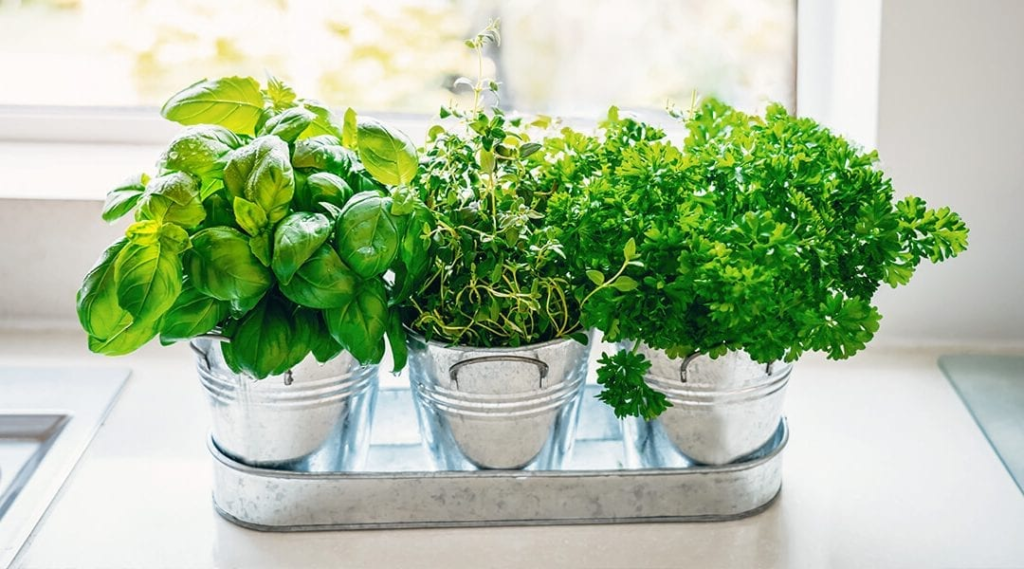Growing herbs indoors without sunlight may sound challenging, but with the right techniques, you can cultivate a thriving indoor herb garden. Whether you live in a space with limited natural light or simply want to grow herbs year-round, this guide will walk you through everything you need to know.
Why Grow Herbs Indoors Without Sunlight?
Growing herbs indoors without sunlight is a practical solution for urban dwellers or those with limited outdoor space. Herbs like basil, mint, parsley, and thyme can thrive indoors with the right care. Plus, having fresh herbs at your fingertips enhances your cooking and adds greenery to your home.
Best Herbs to Grow Indoors Without Sunlight
Not all herbs require direct sunlight. Here are some of the best herbs to grow indoors without sunlight:
- Mint: A hardy herb that grows well in low-light conditions.
- Parsley: Thrives in indirect light and is perfect for indoor gardening.
- Chives: Requires minimal light and grows quickly.
- Thyme: A low-maintenance herb that adapts well to indoor environments.
- Oregano: Grows well in partial shade and is ideal for indoor cultivation.
How to Grow Herbs Indoors Without Sunlight: Step-by-Step Guide
1. Choose the Right Herbs
Select herbs that are known to grow well in low-light conditions. Mint, parsley, and chives are excellent choices for growing herbs indoors without sunlight.
2. Use Artificial Grow Lights
Since natural sunlight is limited, invest in artificial grow lights. LED or fluorescent lights are energy-efficient and provide the full spectrum of light needed for photosynthesis. Place the lights 6-12 inches above the plants for optimal growth.
3. Select the Right Containers
Choose containers with proper drainage to prevent waterlogging. Herbs like well-draining soil, so opt for pots with holes at the bottom.
4. Use Quality Potting Mix
A well-draining potting mix is essential for growing herbs indoors without sunlight. Avoid garden soil, as it can compact and hinder root growth.
5. Water Wisely
Overwatering is a common mistake when growing herbs indoors. Water only when the top inch of soil feels dry. Herbs prefer slightly moist soil, not soggy conditions.
6. Maintain Proper Humidity
Indoor environments can be dry, especially in winter. Use a humidity tray or mist your herbs occasionally to maintain the right moisture levels.
7. Prune Regularly
Regular pruning encourages bushier growth and prevents legginess. Trim your herbs every few weeks to promote healthy growth.
Tips for Success
- Rotate Your Plants: Rotate your herbs every few days to ensure even light exposure.
- Monitor Temperature: Most herbs prefer temperatures between 60-70°F (15-21°C). Avoid placing them near drafts or heat sources.
- Fertilize Sparingly: Use a balanced, water-soluble fertilizer once a month to nourish your herbs.
Common Challenges and Solutions
- Leggy Growth: This occurs due to insufficient light. Adjust the position of your grow lights or increase the duration of light exposure.
- Yellow Leaves: Overwatering or poor drainage can cause yellowing. Ensure your pots have proper drainage and adjust your watering schedule.
- Pests: Indoor herbs can attract pests like aphids. Use organic insecticidal soap to keep them at bay.
Benefits of Growing Herbs Indoors Without Sunlight
- Year-Round Freshness: Enjoy fresh herbs regardless of the season.
- Space-Saving: Perfect for small apartments or homes with limited outdoor space.
- Improved Air Quality: Herbs act as natural air purifiers, enhancing indoor air quality.
FAQs About Growing Herbs Indoors Without Sunlight
Can herbs grow without sunlight?
Yes, many herbs can grow without direct sunlight by using artificial grow lights.
What are the best herbs for low-light conditions?
Mint, parsley, chives, thyme, and oregano are excellent choices for growing herbs indoors without sunlight.
How often should I water my indoor herbs?
Water your herbs when the top inch of soil feels dry. Overwatering can lead to root rot.
Conclusion
Growing herbs indoors without sunlight is a rewarding and achievable goal. By choosing the right herbs, using artificial grow lights, and following proper care techniques, you can enjoy fresh herbs year-round. Start your indoor herb garden today and elevate your cooking with homegrown flavors!
you can read also Pink Basketball Shoes:Top 10 for Style and Performance

